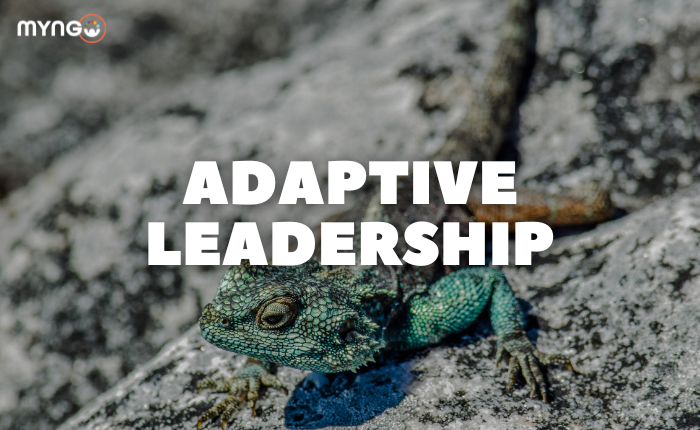
Welcome to Lesson 3 of “Advanced Leadership Skills”! In this lesson, we delve into the concept of adaptive leadership, which is essential for navigating and thriving in dynamic and ever-changing environments. Adaptive leadership equips youth leaders with the skills to respond effectively to challenges, embrace change, and lead through uncertainty. By mastering adaptive leadership, you can build resilience, foster innovation, and guide your team through turbulent times.
Learning Objectives
- Understand the principles of adaptive leadership.
- Embrace change and uncertainty as opportunities for growth.
- Develop resilience and flexibility as a youth leader.
- Implement strategies for leading through crises and turbulence.
- Learn from case studies and real-world examples of adaptive leadership.
Lesson Content
Introduction to Adaptive Leadership Concepts
Adaptive leadership is a practical leadership framework that helps individuals and organizations adapt and thrive in challenging environments. Key concepts include:
- Leadership as a Process: Adaptive leadership views leadership as a dynamic process rather than a static position. It involves mobilizing people to tackle tough challenges and thrive in the face of adversity.
- Example: A youth leader initiates a community project to address local environmental issues, rallying support from diverse stakeholders.
- Experimentation and Learning: Encourages continuous learning and experimentation to find innovative solutions.
- Example: Trying out different engagement strategies to increase youth participation in community activities.
- Adaptive Work: Focuses on addressing adaptive challenges, which are complex and require new learning and innovative approaches.
- Example: Developing a new outreach program to engage marginalized youth who have not been reached by traditional methods.
Embracing Change and Uncertainty
Change is a constant in today’s world, and adaptive leaders embrace it as an opportunity for growth:
- Mindset Shift: Viewing change positively and as an opportunity to innovate and improve.
- Example: A youth leader sees a sudden shift to online platforms during a pandemic as a chance to reach a broader audience.
- Flexibility: Being willing to adjust plans and strategies in response to changing circumstances.
- Example: Modifying event plans due to unexpected weather conditions.
- Continuous Learning: Committing to lifelong learning and development to stay relevant and effective.
- Example: Enrolling in leadership workshops and online courses to enhance skills.
Building Resilience and Flexibility as a Youth Leader
Resilience and flexibility are crucial for handling adversity and leading through uncertainty:
- Self-Awareness: Understanding personal strengths and areas for improvement to build resilience.
- Stress Management: Practicing techniques to manage stress effectively.
- Support Networks: Building a strong network of mentors, peers, and supporters to provide guidance and assistance.
- Adaptability: Being open to new ideas and approaches and willing to pivot when necessary.
Strategies for Leading Through Crisis and Turbulence
Effective crisis leadership involves clear strategies and decisive actions:
- Clear Communication: Providing accurate, timely information to all stakeholders to maintain trust and morale.
- Decisiveness: Making timely decisions based on available information and sticking to them.
- Empathy: Understanding and addressing the concerns and emotions of team members to provide support.
- Planning and Preparation: Developing contingency plans for potential crises to ensure preparedness.
Case Studies and Examples of Adaptive Leadership in Practice
Examining real-life examples helps illustrate the principles of adaptive leadership:
- Case Study 1: A youth organization facing significant funding cuts adapted by diversifying income sources, engaging in new fundraising campaigns, and exploring grant opportunities. This proactive approach ensured the organization’s sustainability and continued impact.
- Case Study 2: During the COVID-19 pandemic, a youth leader transitioned activities to online platforms, maintaining engagement and support through virtual workshops, meetings, and events. This shift not only kept the community connected but also expanded the reach of their programs.
- Case Study 3: A community project aiming to promote cultural awareness overcame cultural barriers by involving local leaders from different backgrounds in the planning and implementation stages. This inclusive approach ensured that the project was culturally sensitive and well-received by the community.
Additional Resources and Tools
- “Leading Through Change and Uncertainty” (YouTube Video)
A video series that provides practical tips and insights on navigating change and leading effectively during turbulent times. - Digital Tools: Utilize digital tools such as Slack for team communication, Evernote for organizing ideas and plans, and online learning platforms like Coursera and Udemy for continuous learning and development.